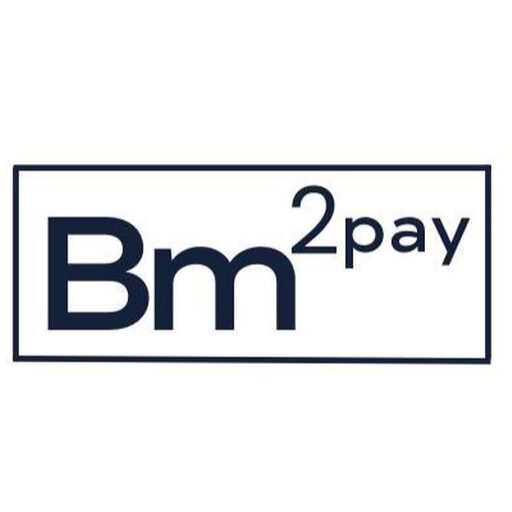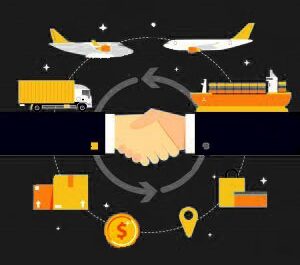One of the greatest challenges global merchants face is high fees for cross-border payments. A new European Union resolution addressing this issue may change the situation dramatically.
According to the EU plan, by the end of 2019, charges for cross border payments in Euros will have to correspond to fees for payments made within a country using the local currency. In a nutshell, the resolution empowers EU member states to demand that banks apply the same charges for cross-border and domestic non-euro payments. Banks will also be required to make currency conversion costs transparent, in order to protect consumers from arbitrary fees charged for currency conversions.
This new regulation is likely to impact on cross-border payments worldwide and set new precedents in the financial sector.
New technologies for lower financial fees
Today, sending money from one country to another can be quite costly. Banks in one country often have no direct relationship with banks in other countries, making it necessary to involve an intermediary bank and invoke additional fees. Visakha Thongphetsavong, CMO of the Everex fintech company, notes that fees associated with international money transfer generally range between 5% to 20% of the cross-border transaction.
Among other emerging technologies, blockchain can be used to lower cross-border fees. Blockchain enables the encryption and storage of transactions in highly secure, decentralized ledgers. By eliminating the need for intermediaries or central authorities for financial transactions, blockchain enables enterprises to save on third-party fees. According to Thongphetsavong, the technology can significantly reduce the total cost of fees to about 2% to 3% of the transaction.
If you can’t beat ‘em join ‘em
Both banks and credit card companies stand to lose funds if third parties are cut out of cross-border processes. Some credit card companies are examining ways to use blockchain to their advantage. For example, MasterCard is currently studying how blockchain technology can cut costs, facilitate settlements, and improve customer experiences.
Microsoft and MasterCard launched Mastercard Track, a global trade platform that encompasses account-to-account and card payment solutions, fraud management and payment gateway services. This tool is expected to help reduce friction in the global trading system and promote exports, especially by small and medium-sized businesses.
Blockchain and banking
Banks initially viewed blockchain as competition, but some are now adopting the technology in various blockchain-based platforms. As a real-time, open-source platform capable of transmitting data and value securely, blockchain can become the basis for new banking products and a significant source of new revenue.
According to CEBNet, 12 banks have already adopted this technology for various use cases in China alone. Additional global banks that use the technology include ALFA Bank from Russia, Yes Bank from India, and LatiPay from New Zealand.
Creating a united front
The success of blockchain-based banking depends on collaboration among worldwide banks. This kind of cooperation will enable the establishment of a network capable of supporting global payments. Blockchain’s key attraction lies in its unique network features, but it is this quality which necessitates widespread cooperation among old-school financial institutions. Time will tell if they are up to the challenge.





